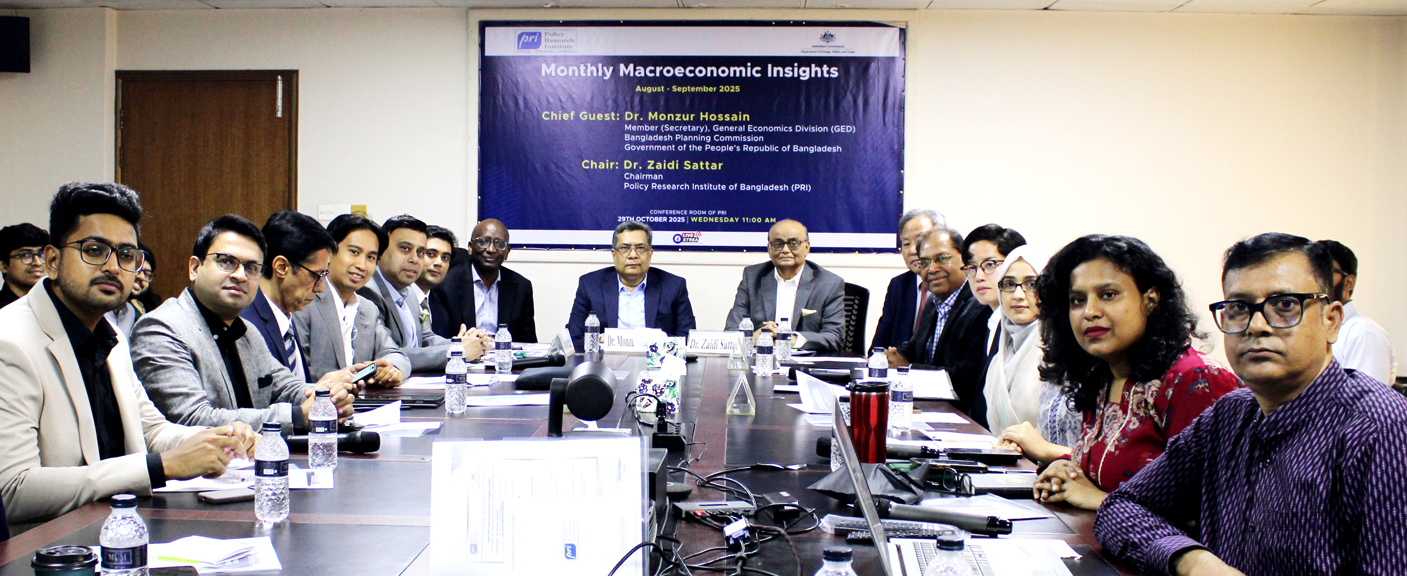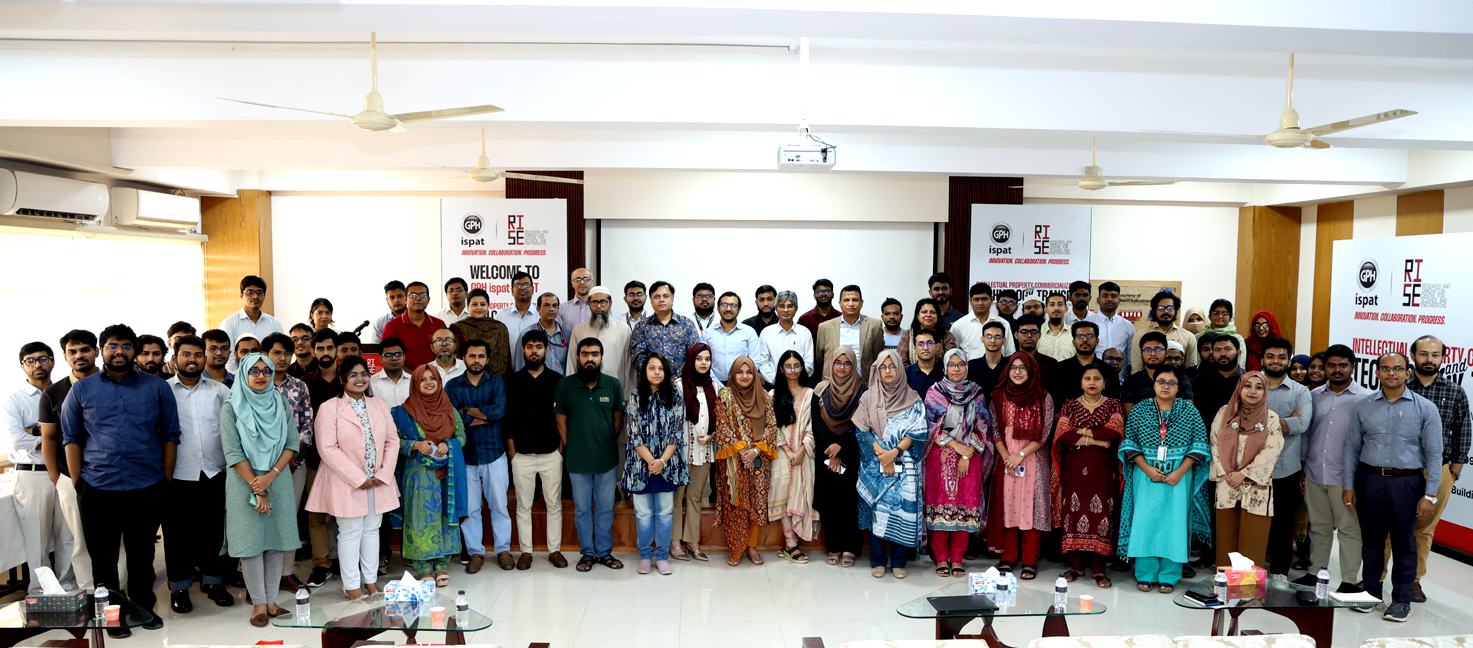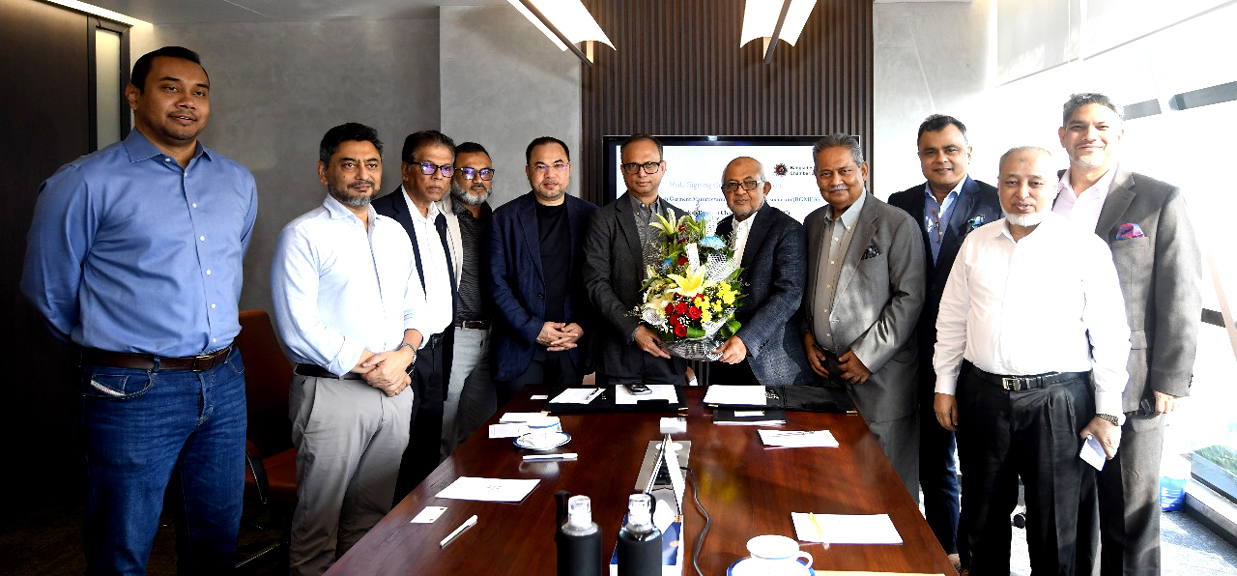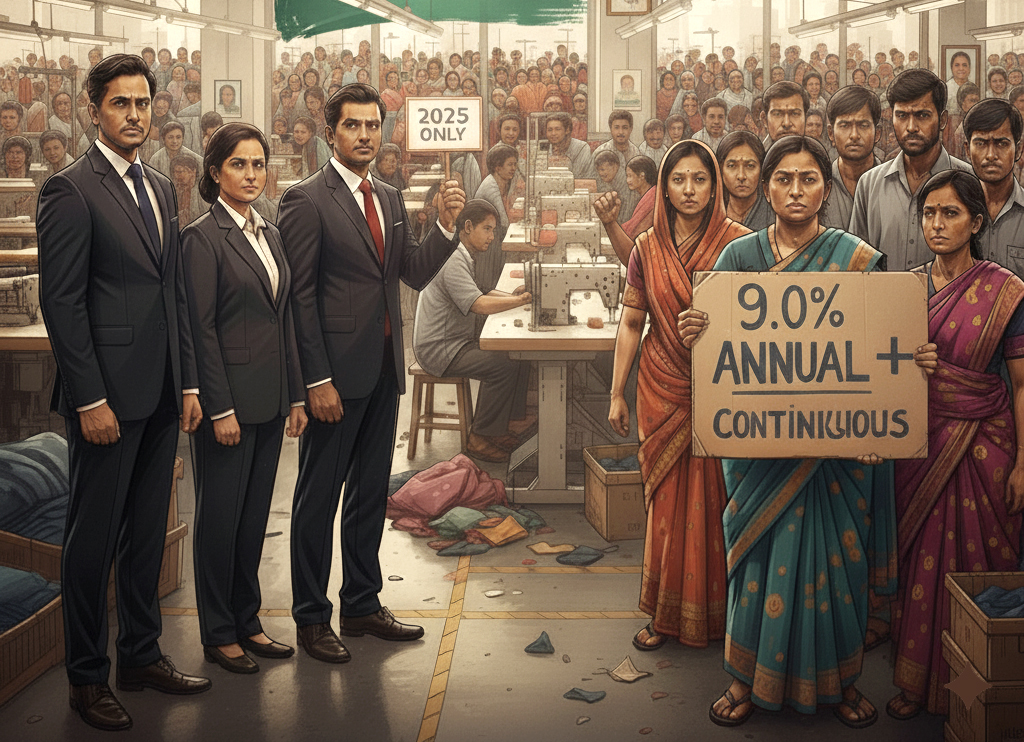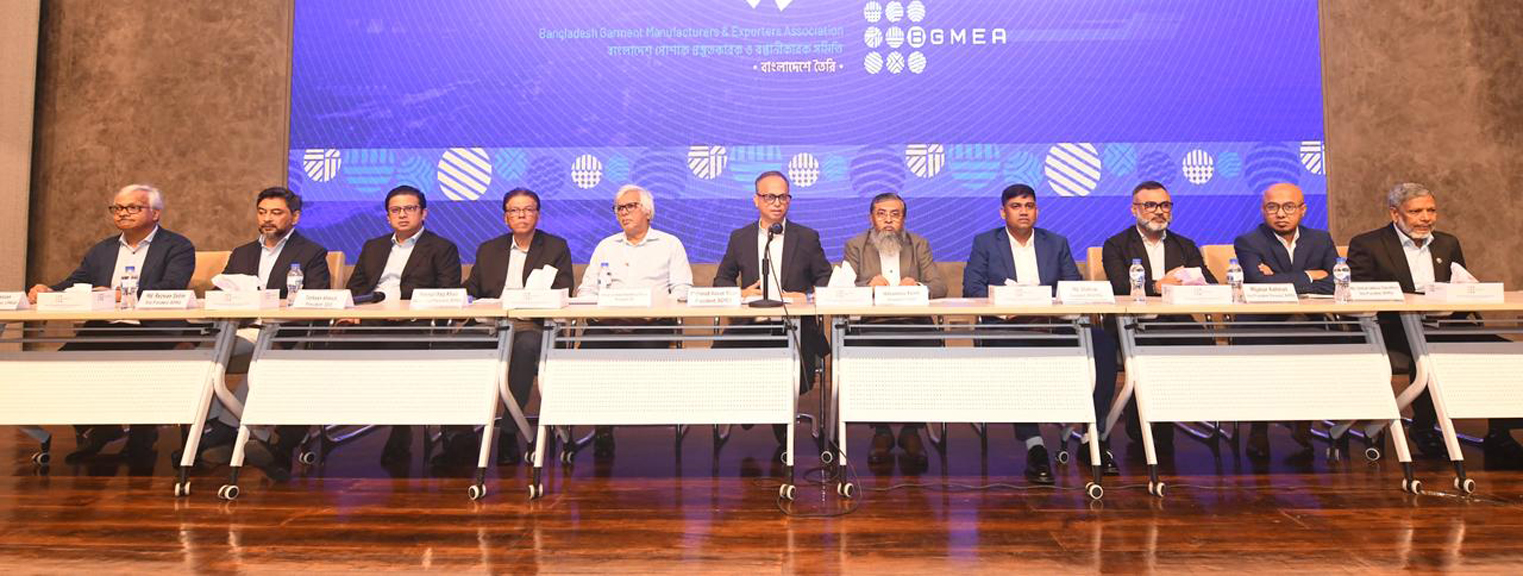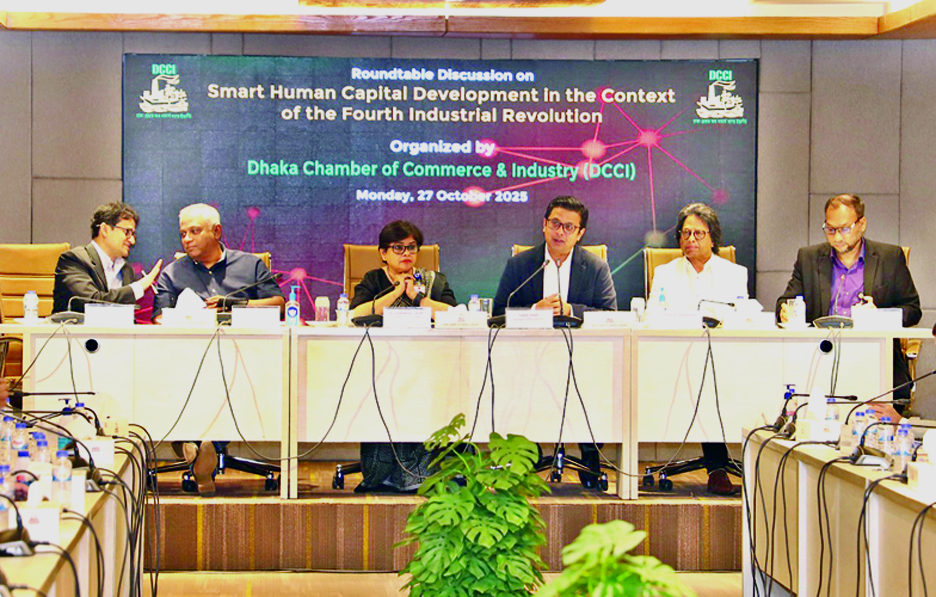Bangladesh is facing mounting economic pressures, with slowing growth, persistent inflation, trade challenges, and energy inefficiencies posing significant concerns for policymakers and investors, according to the latest Bangladesh Monthly Macroeconomic Insights August–September 2025 report.
The Centre for Macroeconomic Analysis (CMEA) of the Policy Research Institute of Bangladesh (PRI), in partnership with the Australian Government’s Department of Foreign Affairs and Trade (DFAT), hosted the report’s August–September edition at PRI’s conference room on October 29.
The report indicated that the fragile recovery from poverty and inequality continued to pose a major challenge for the incoming government, while recent increases in imports were seen as a sign of tentative economic momentum.
It also highlighted that central bank independence was crucial for better inflation control, observing that despite some moderation, inflation remained above 8 per cent, undermining citizens’ purchasing power as wage growth continued to lag behind price rises.
Ashikur Rahman, Principal Economist at PRI, reportedly stated that economic oligarchs do not permanently belong to any political party, but they are skilled at infiltrating political organisations and state institutions, capturing levers of policy and power, and injecting instability into the economy and society.
According to the report, GDP growth slowed sharply in the final quarter of FY2025, falling to 3.35 per cent from 4.86 per cent in the previous quarter, with an average quarterly growth of just 3.66 per cent.
Analysts attribute the slowdown to a weak investment climate and a contraction in both public and private investment, with private sector credit growth falling to a 23-year low of 6.35% in August FY26.
International institutions, including the IMF, World Bank, and ADB, revised FY26 growth forecasts downward, citing tight monetary policies, rising trade barriers, and stress in the banking sector.
The report indicated that inflation remained persistent, while poverty and income inequality were projected to rise, and structural challenges such as limited access to finance, bureaucratic hurdles, rising utility costs, and a regressive tax system continued to constrain the business environment.
It also noted that trade pressures were intensifying, with a widening trade deficit and a marginal loss of competitiveness, while energy inefficiencies, including underutilised electricity generation and persistent gas shortages, were further threatening industrial output.
Monzur Hossain, Secretary of the General Economics Division, emphasised that investment depends on a well-functioning economic ecosystem and called for moderate easing of tight monetary policy and close coordination between fiscal and monetary authorities, while maintaining central bank independence.
PRI Chairman Zaidi Sattar said that US-Bangladesh trade is increasingly shaped by relative tariff advantages rather than by traditional comparative advantage.
The discussion featured a panel comprising Bazlul Haque Khondker, Research Director at PRI; M Masrur Reaz, Chairman and CEO of the Policy Exchange of Bangladesh; and Tanjima Mostafa, Director of Meghna Group of Industries.


